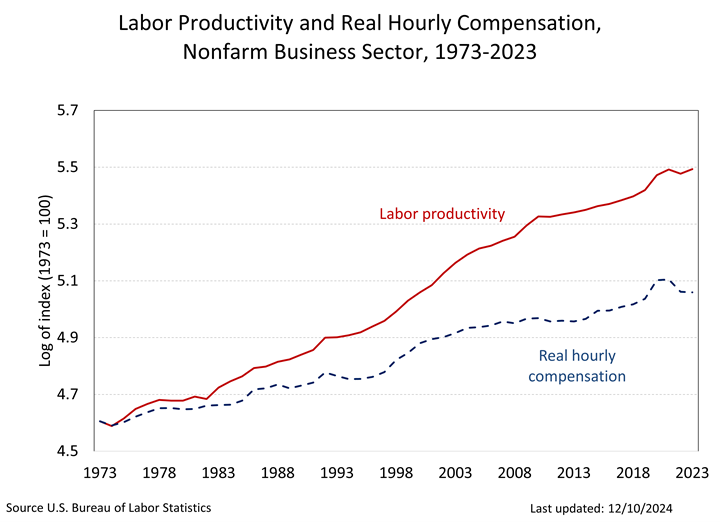Vernon employs 65 field workers, and on this morning was paying 30 of them as much as $44 an hour for piece work, based on pounds of plums picked that day. The workers stood on ladders reaching up into branches of trees bursting with fruit and filled plastic crates — suspended on their chests by straps crisscrossed over their backs — with some 25 pounds each of plums.
“It’s a physical job,” Vernon said. On days when there is less demanding work, like pruning and thinning, the workers make $5 per tree, or around $22 an hour. About 70 percent are undocumented, he said.
Vernon, a Republican who voted for Mr. Trump, said he would like to hire American citizens but has found it impossible to find people willing to do the work.
“They haven’t applied, and I don’t think this is a low-wage job,” he said. “If this is a low-wage job, then what is McDonald’s? There’s a lot lower wages paid than what we’re paying.”
He has a fruit packing shed that employs an additional 70 people year-round. “And that’s maybe 45 percent legal,” he said. “That pays about 10 percent less, but we have a higher percentage of legal people because it’s socially acceptable to work in a factory.”
Vernon acknowledged that many laborers were willing to make less money in a factory simply to avoid the scorching weather and demands of field work. But, he said, “if your children were out picking plums, even if they were making twice what they would at McDonald’s, you’d be embarrassed to say they were picking plums.”
During an acute farm labor shortage in the San Joaquin Valley in the late 1990s, Mr. Cunha was part of a program that tried and failed to get American citizens — California welfare recipients and the unemployed — to work in the fields. There were myriad problems. Potential workers did not want seasonal jobs in 100-degree heat, had no transportation to the fields, often needed child care and got little to no training.
“It was a total disaster,” Mr. Cunha said. The program reached out to prisoners but, according to Mr. Cunha, the prisoners’ union said there needed to be two guards in the fields per 20 prisoners, as well as three meals provided per day. The idea was abandoned.
Tree fruit farmers depend heavily on manual labor since plums, peaches, nectarines and apricots need to be picked carefully to avoid bruising. “The most sensitive fruit of all is an apricot,” Mr. Cunha said. “If you look at an apricot, it’ll turn brown on you.”







